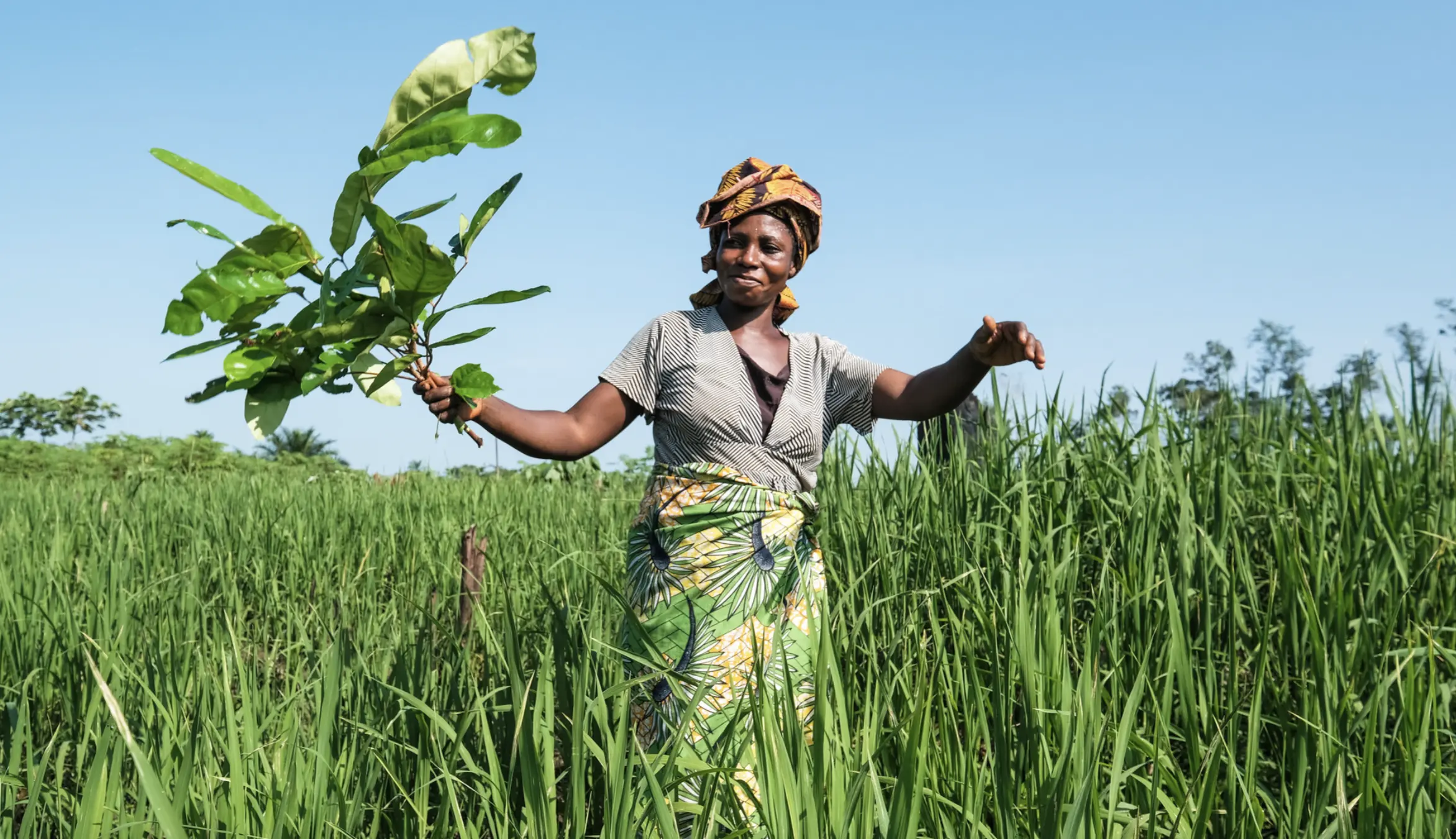Preliminary findings from the Viability Project now available
By Richard Coe (CIFOR-ICRAF) and Nadine Andrieu (CIRAD)
The title of this blog mirrors that of a new working paper by the Agroecology TPP, published today. It was deliberately chosen as a bold claim that is both contentious and important, and is just one of several important messages highlighted in the report. We delve into the details below.
In Africa, agriculture and food systems not only have to feed a growing population, both now and in the future, but do so in a way that does not degrade local or global ecosystems, all the while providing a decent and just livelihood to everyone involved. Agroecology is envisaged and designed to do just that. Some think of it as an ultimate solution that will help secure our collective future; on the contrary, others find it an idealistic unreality that smallholder farmers, for example in Africa, will simply not find viable. This contention, therefore, leads to the following research question: is agroecology viable in Africa?
Back in 2020, the Transformative Partnership Platform on Agroecology (Agroecology TPP), with funding from the French Ministry of Foreign Affairs, set up the Viability Project to investigate this question. Over the past two years, data have been collected from 11 case studies spread across eight countries – from Tunisia and Senegal to Madagascar and Burkina Faso. This unique effort of data collection comprises a diverse set of African socio-political and ecological contexts. Analysis is now underway, but some important emerging results have now been published in the latest Agroecology TPP working paper, including a key observation that farmers are already widely using a selection of agroecological practices, which, in their eyes, are viable.
It is still early days for analysis and interpretation of the extensive data collected in this project, but it is really exciting to see that important results are already emerging. It is evident that smallholder farmers are using and combining a variety of different practices that put agroecological principles into operation, from field to landscape scales. Their motivations vary but go well beyond just making money. We also look forward to analysing the extent to which these practices contribute to changing farm systems.
One of the aims of the Agroecology TPP is to support ‘doing research differently’. While all research builds on what has been done before, the Viability Project does nicely illustrate approaches that use a common framework across all case studies, but one that is locally adaptable. It also shows how an integrated assessment of ‘viability’ is not just a $ cost-benefit analysis, and that it also uses ideas of transdisciplinary research and mixes quantitative and qualitative data.
More in-depth results from the Viability Project are expected to be published by the end of the year. We predict that they will show that there is no simple answer to the question ‘Is agroecology viable?’ but will also demonstrate beyond doubt that agroecology in Africa offers much to building more sustainable and benign farm systems and livelihoods.

